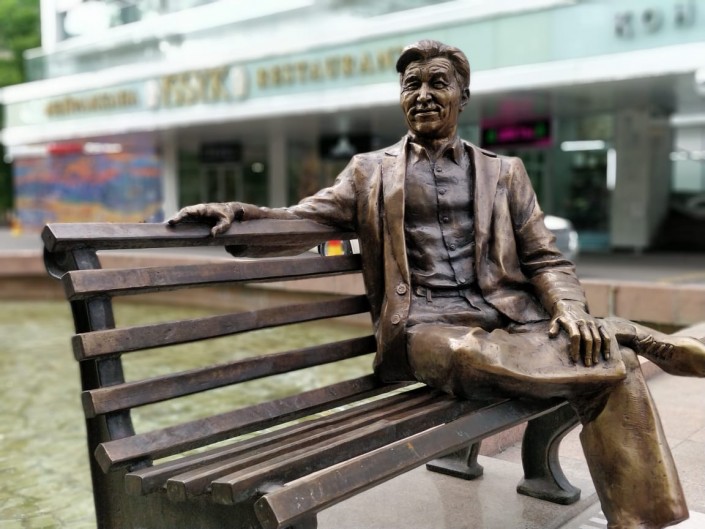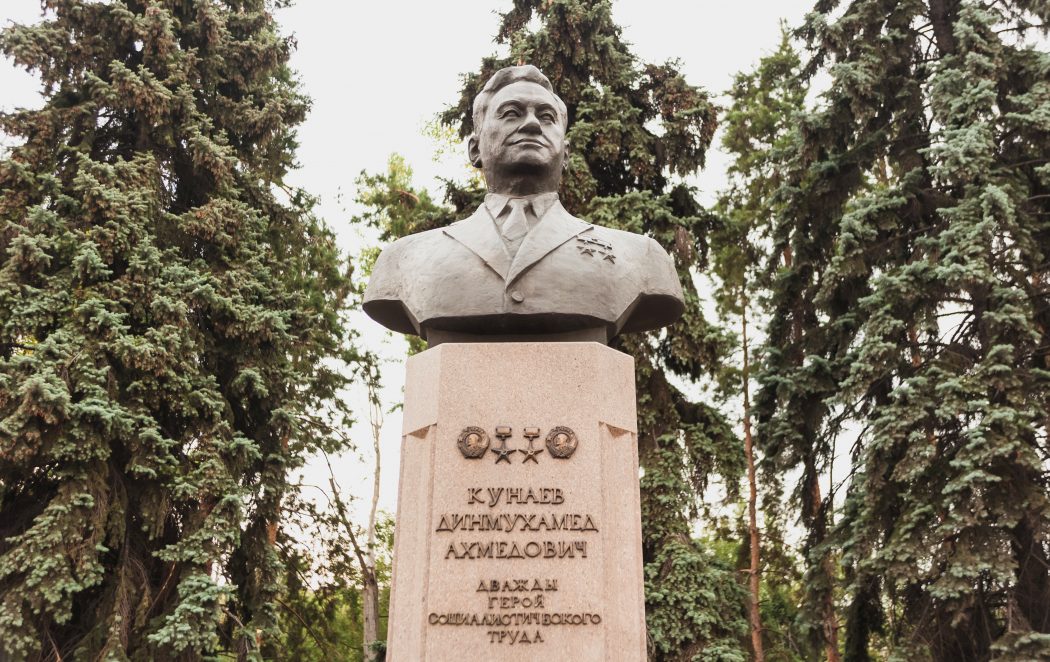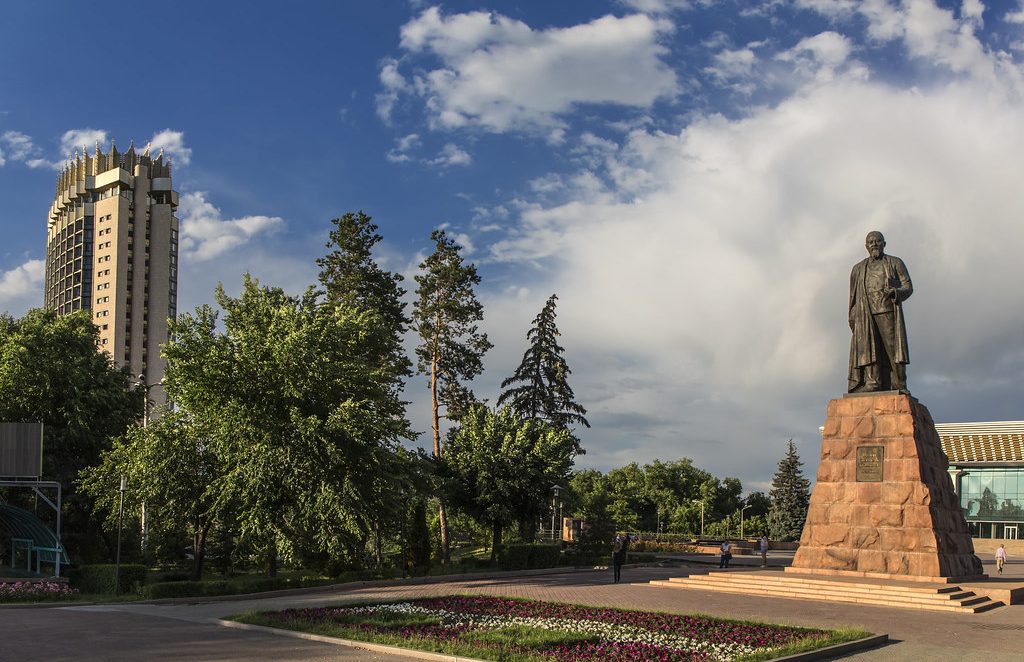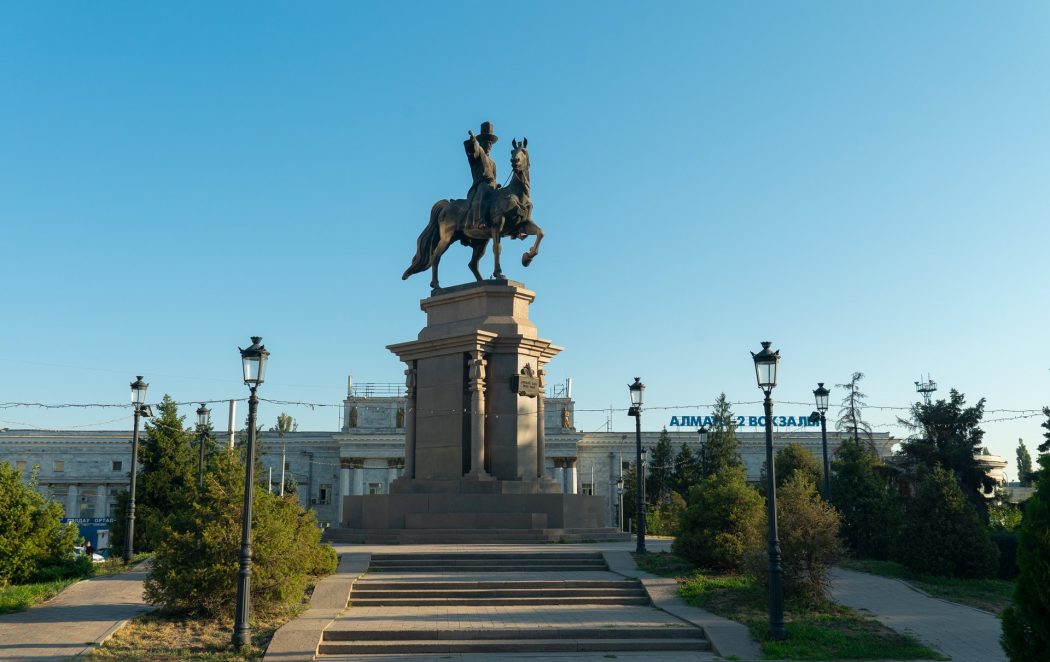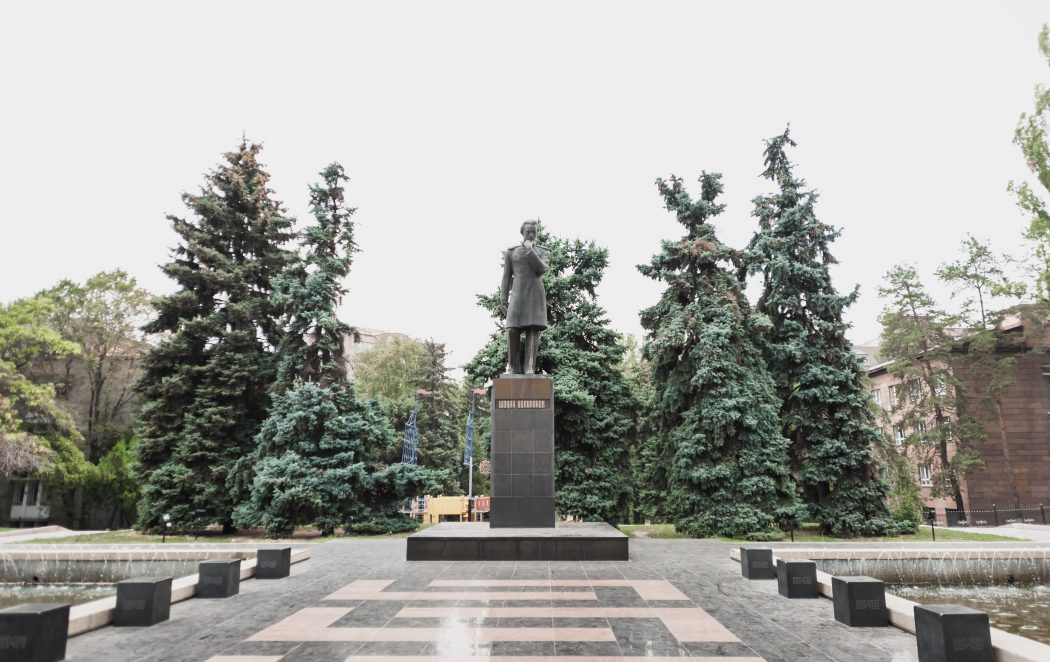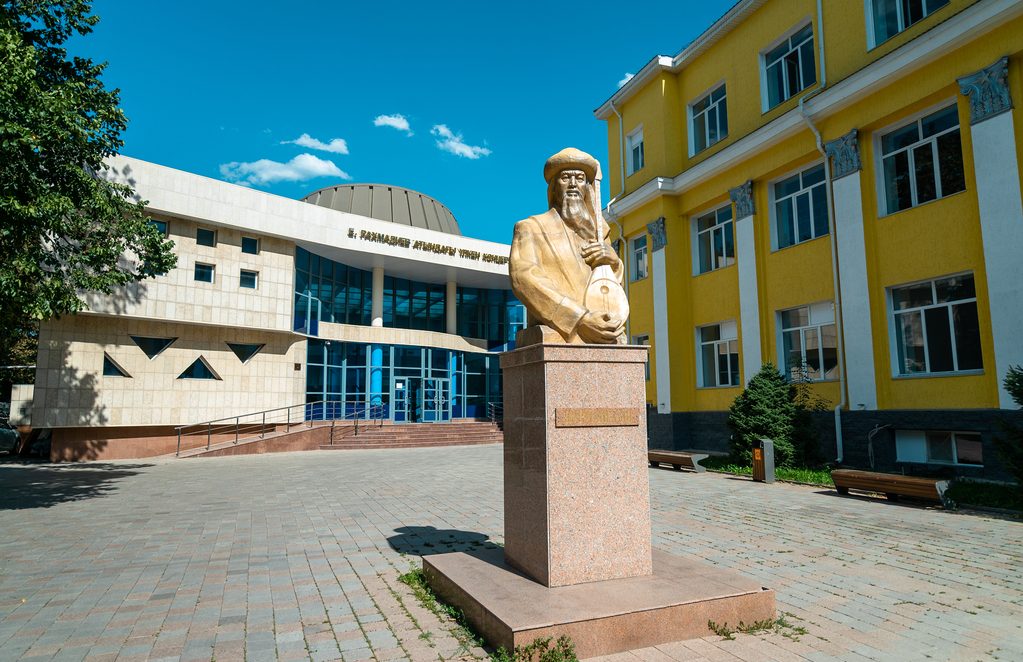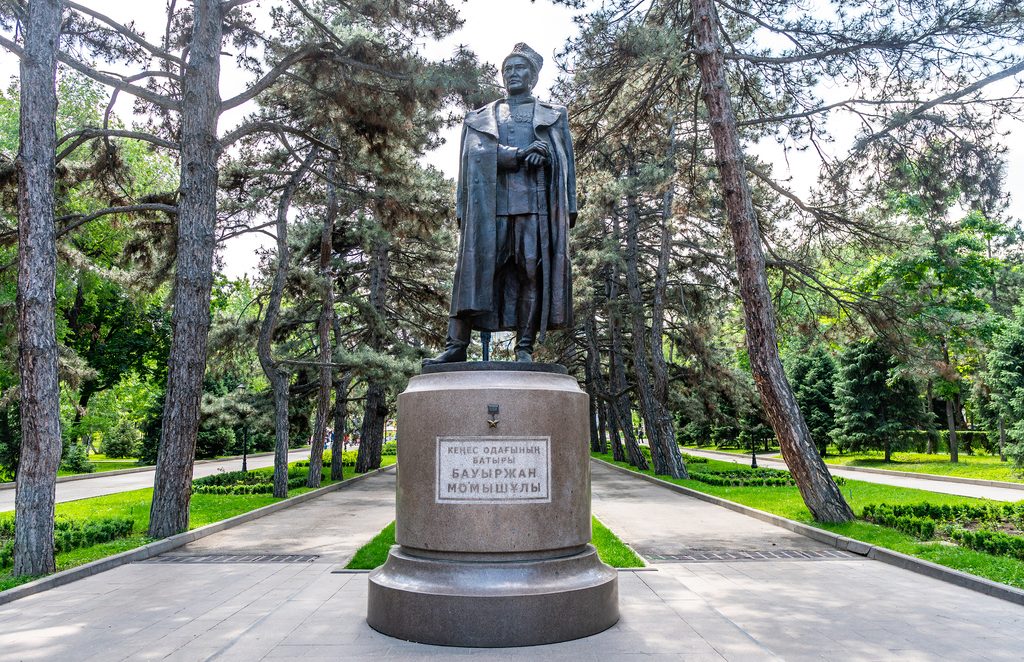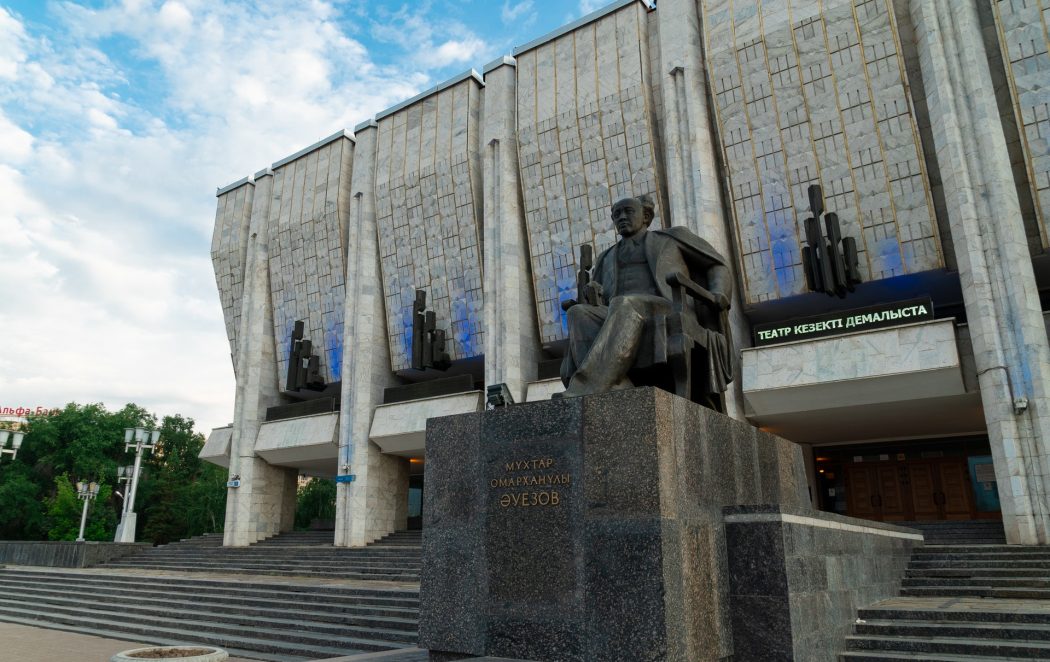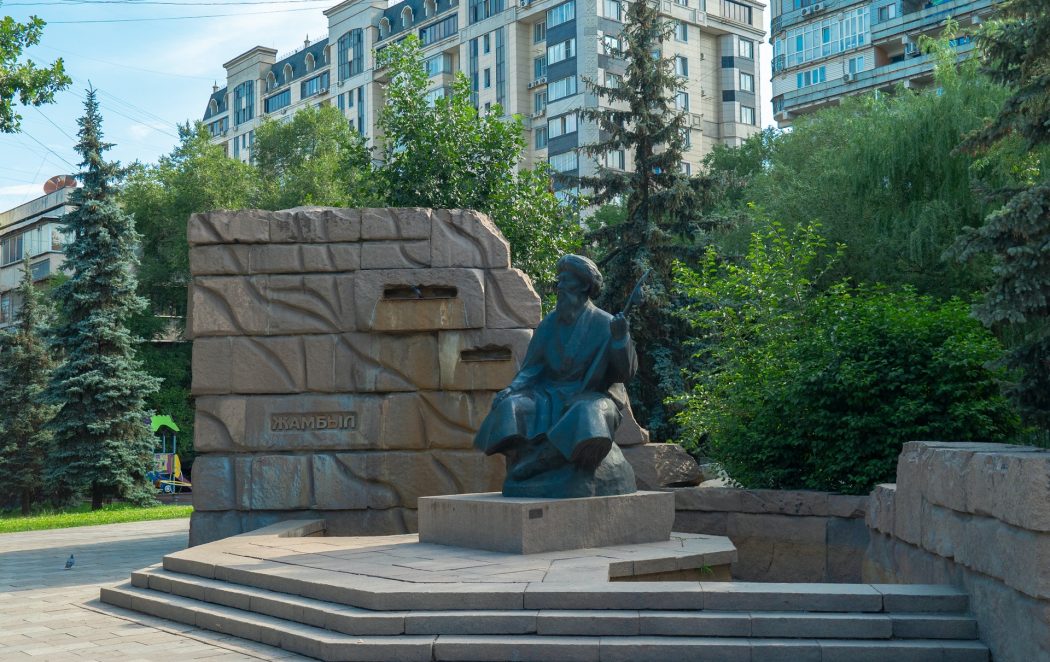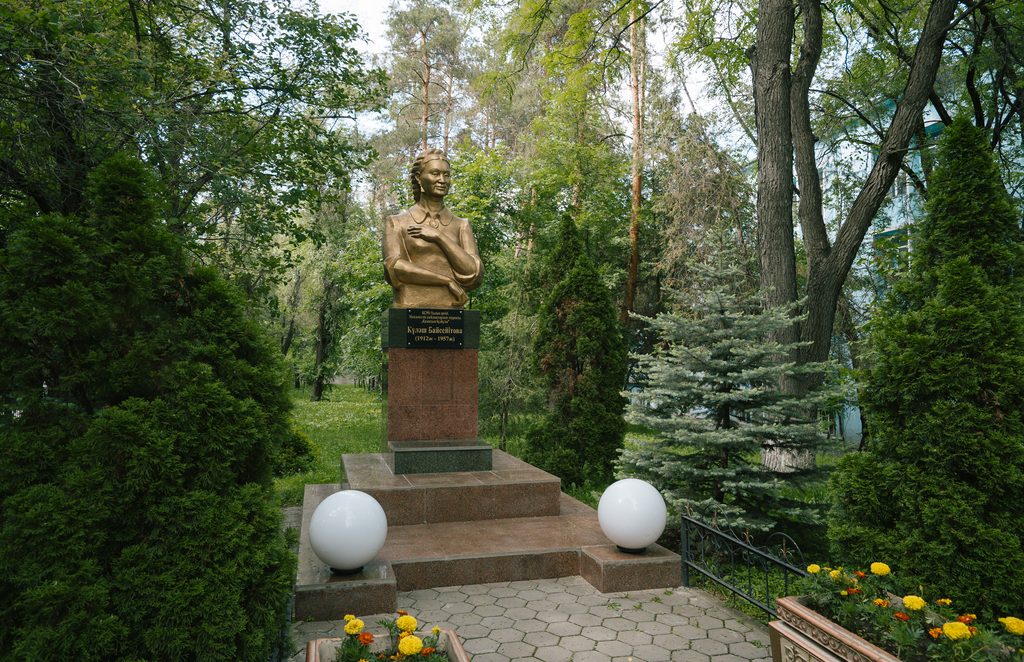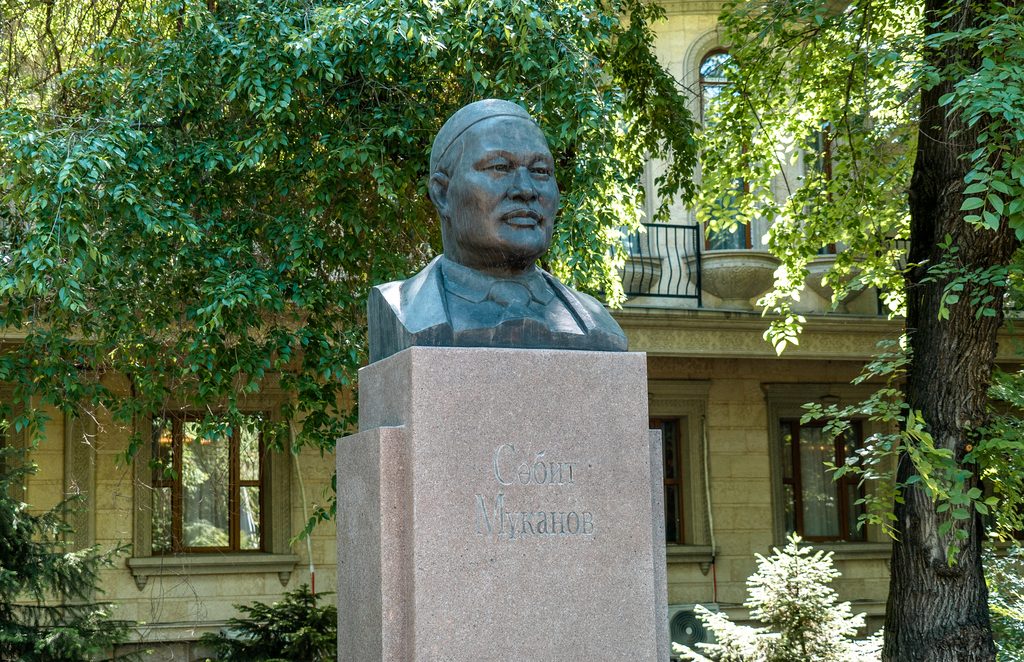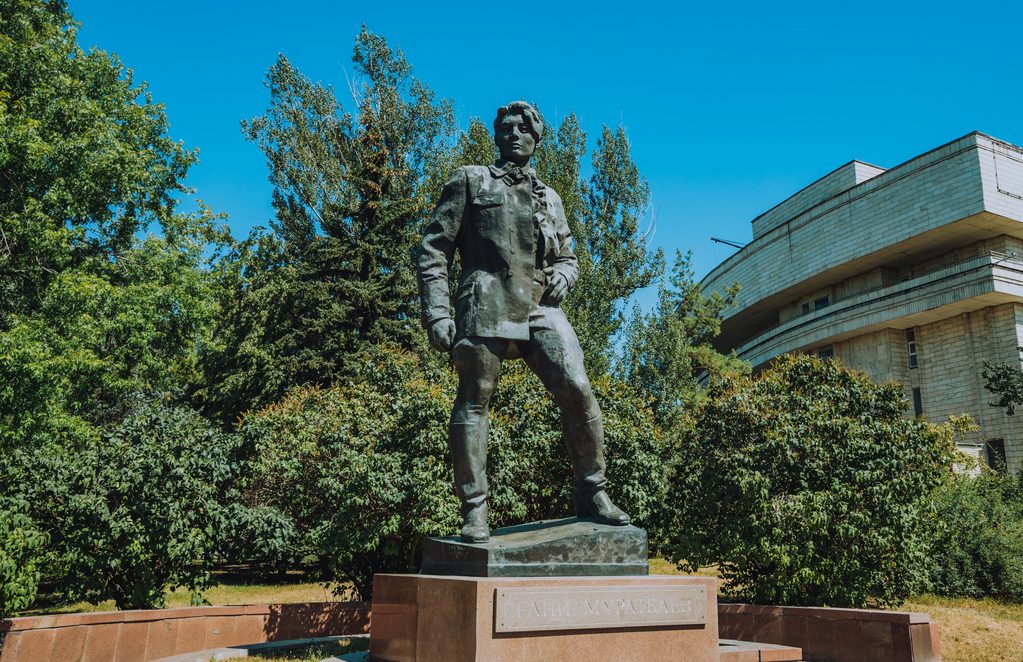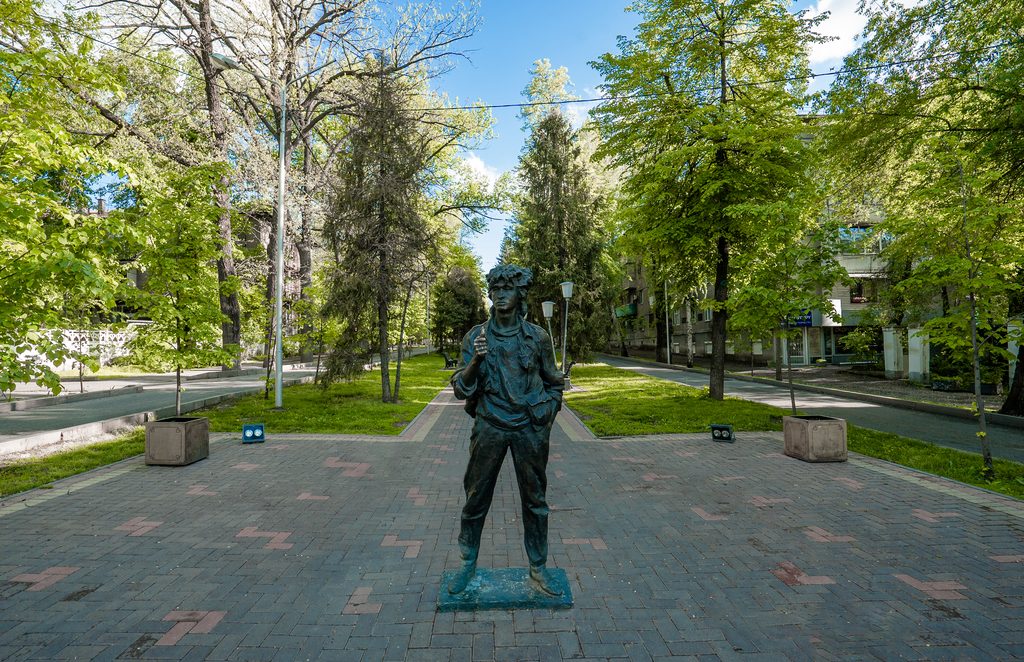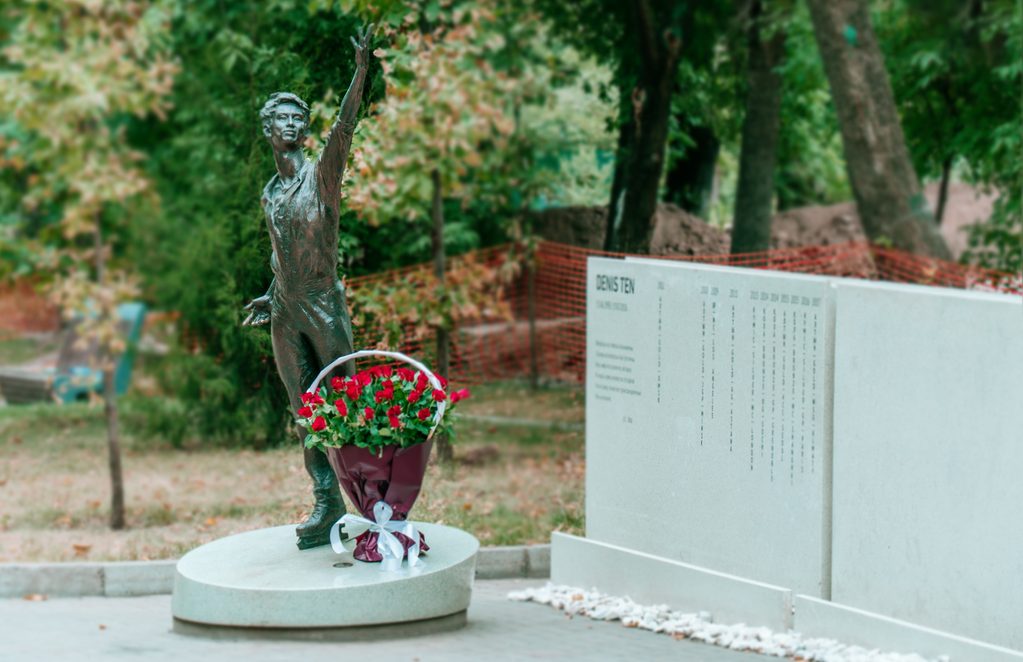Abu Nasr al-Farabi (872 – 950)
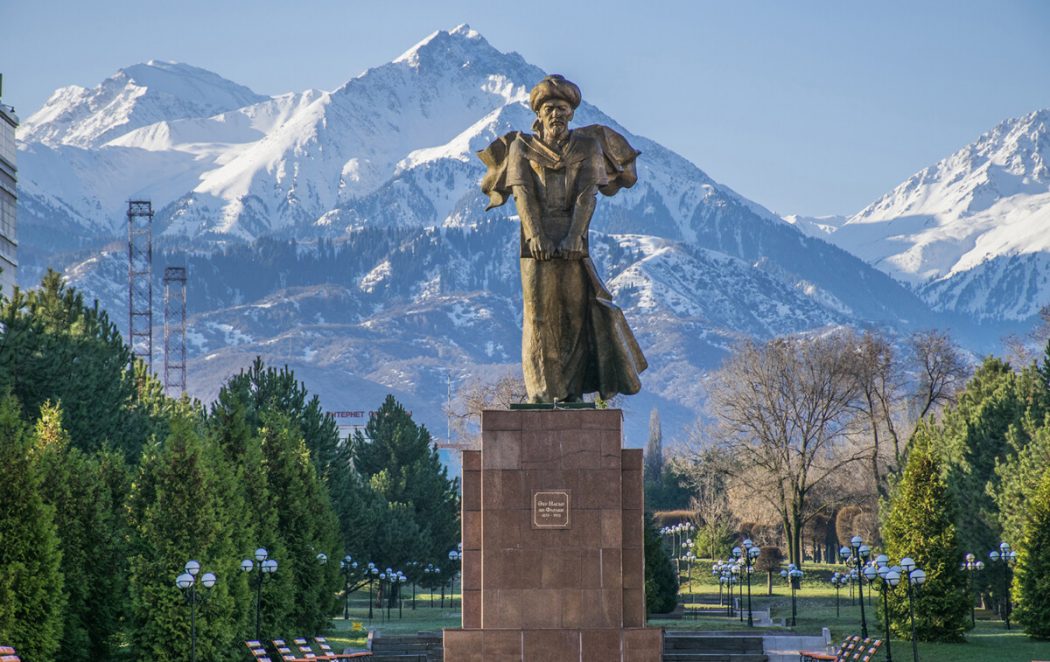
Abu Nasr al-Farabi (872 – 950) was one of the greatest representatives of medieval Eastern philosophy, a world-famous thinker, mathematician, music theorist, linguist, botanist, astronomer and physicist. His range of knowledge was very wide – from religion, mathematics and philosophy, to music and politics. The philosopher spent many years in Baghdad– the cultural and political center of the Arab Caliphate. Here he studied various branches of science and languages. In addition, there was a school of translators in Baghdad, where the works of Aristotle and Plato were studied and translated. There he got acquainted with the works of ancient Greek philosophers, becoming one of the founders of Oriental peripatetism – medieval Arabic-speaking Muslim philosophy based on the authority of Aristotle. The Eastern philosopher was called the “Second Teacher” after Aristotle.
The scientific legacy of al-Farabi is about 200 scientific works covering various branches of knowledge. His most famous works are: “A treatise on the views of the inhabitants of a virtuous city”, “Philosophical Treatises” and “A Big Book about Music”. The scientist’s works were translated into Hebrew and Latin in Medieval Europe. His works, having had a great influence on the European renaissance, became a connecting bridge for the rapprochement of cultures and philosophies of the West and the East. According to some reports, al-Farabi has mastered about 70 languages in his entire life. The philosopher was fond of studying the sciences and thinking about personality. He was interested in the formation of a worldview, morality, intellectual development, freedom and human happiness. Al-Farabi’s versatile research in the scientific field resulted in a “Treatise on the classification of Sciences”. He listed the sciences that existed at that time in strict order and also defined the subject that each of them explores. Such a treatise was indispensable for those who were engaged in scientific activities, no one had written anything like this before al-Farabi. In Kazakhstan, the largest educational institution, the Kazakh National University, is named after al-Farabi, and there is a library on its territory, also named after the great philosopher. In Shymkent, the Pedagogical Institute of Culture is also named after al-Farabi. In August 2019, the ethnographic house-museum of al-Farabi was opened in Istanbul. The opening of the ethnographic house-museum is timed to the celebration of the 1150th anniversary of al-Farabi. Leading universities in Turkey, Jordan, Italy, China, Egypt, Bulgaria and other countries have opened and successfully operate scientific and educational centers named after al-Farabi. The 1150th anniversary of al-Farabi was celebrated under the auspices of UNESCO in 2020 on an international scale.


